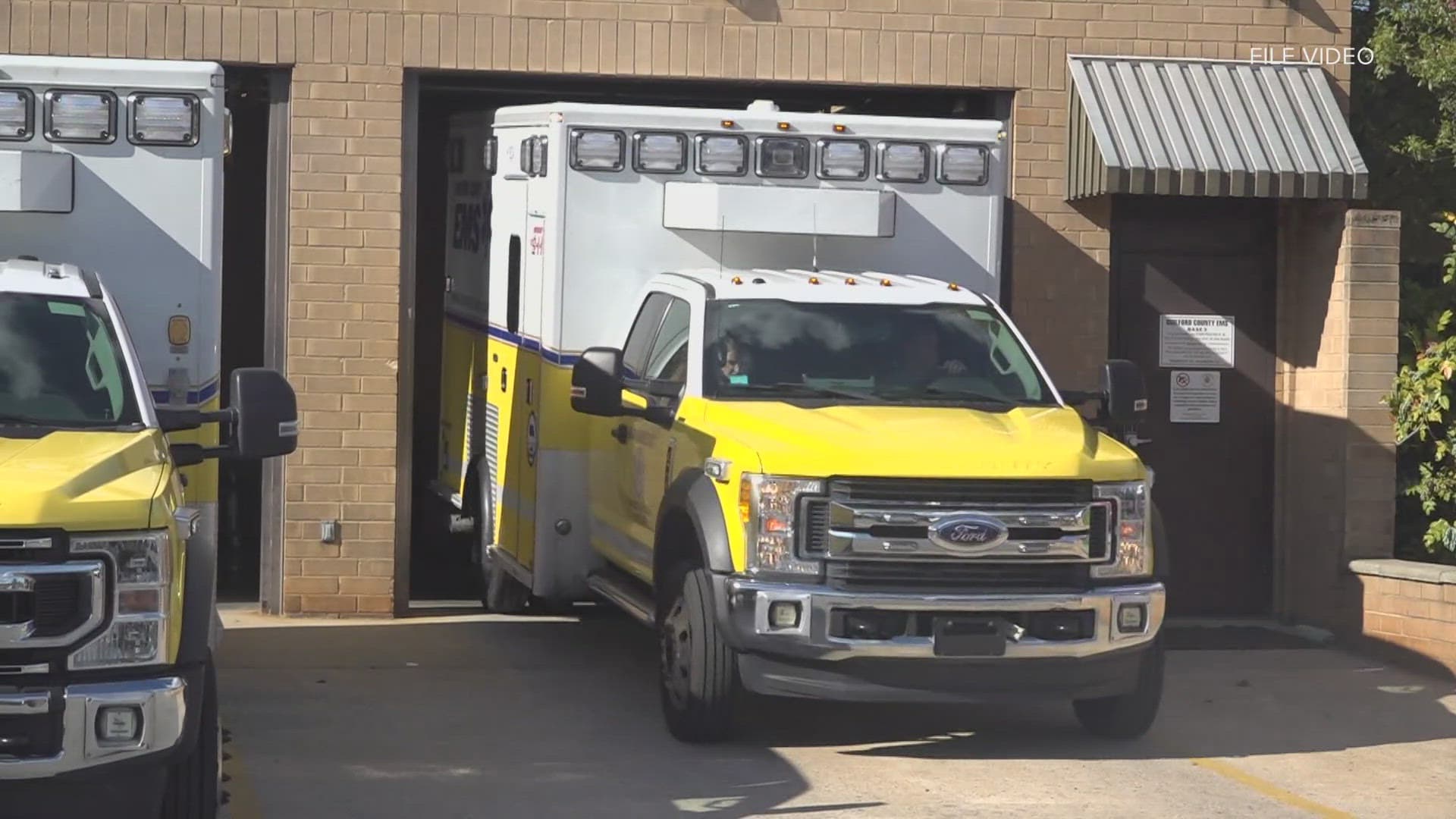Federal Grant Expands Elder Justice Care in Guilford County
Guidance Carolina received a grant from the U.S. Administration for Community Living to launch RISE for Change, a 36 month effort to bring an elder justice care management model to Guilford County. The initiative embeds care managers at the Guilford County Family Justice Center, aims to serve more than 640 high risk older adults, and seeks to strengthen coordination across health, legal and social services.

On November 13, 2025, Guidance Carolina announced a federal grant award from the U.S. Administration for Community Living to implement RISE for Change, a 36 month program that will bring the RISE APS elder justice care management model to Guilford County. The project is a formal partnership with the Guilford County Family Justice Center and expands Guidance Carolina's existing Elder Justice Care Management program by embedding staff directly at the county center.
Over the three year grant period the project will add three full time elder justice care managers and aims to serve more than 640 high risk older adults. Each client will receive an individualized care plan focused on safety, housing stability, access to health care, and financial well being. The program also includes work to strengthen cross sector coordination among Adult Protective Services, law enforcement, legal aid, health care providers, and community organizations.
Local public health and social service leaders say the effort addresses a persistent and complex problem. Elder abuse, neglect, and financial exploitation often intersect with medical and social vulnerabilities, and care management models that combine case navigation with legal and clinical support can reduce harm, stabilize living situations, and help older adults stay safely in their homes. Embedding care managers at the county Family Justice Center is intended to shorten response times and create easier warm handoffs between police, APS, courts, and health providers.
The grant includes a commitment to produce public reports and share lessons learned so the model can be scaled statewide and nationally. That emphasis on evaluation and transparency may help Guilford County and other communities make the case for sustained investment if outcomes show reductions in harm, fewer emergency hospitalizations, or improvements in housing and financial stability among participants.
For local residents the program offers both immediate and systemic benefits. Older adults who are socially isolated, low income, or living with cognitive impairment are disproportionately at risk of abuse and exploitation. By creating tailored care plans and coordinating resources across agencies, the program seeks to reduce repeat victimization and to connect families with services that often fall through administrative cracks. Caregivers and frontline workers may also see relief when legal, housing, and medical needs are addressed as part of a single plan.
The initiative also raises policy questions about sustainability, workforce capacity, and data sharing across systems. A three year grant can catalyze services, but county leaders and advocates will need to plan for how successful practices are funded after the grant period ends. Guidance Carolina and county partners provided a press release with contact information and further partnership details for agencies and community members seeking more information.


